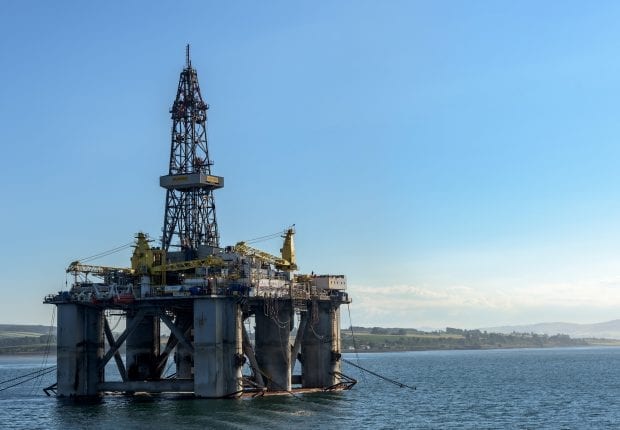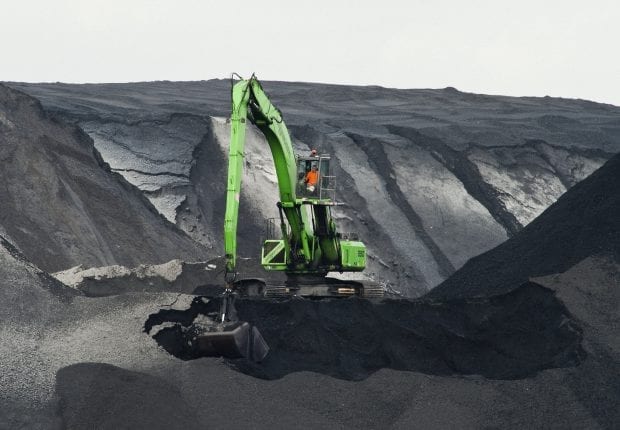BlackRock invests in another industry which harms the climate, communities and forests worldwide, yet is being peddled as a solution to the climate crisis – biomass electricity, or burning trees for power.
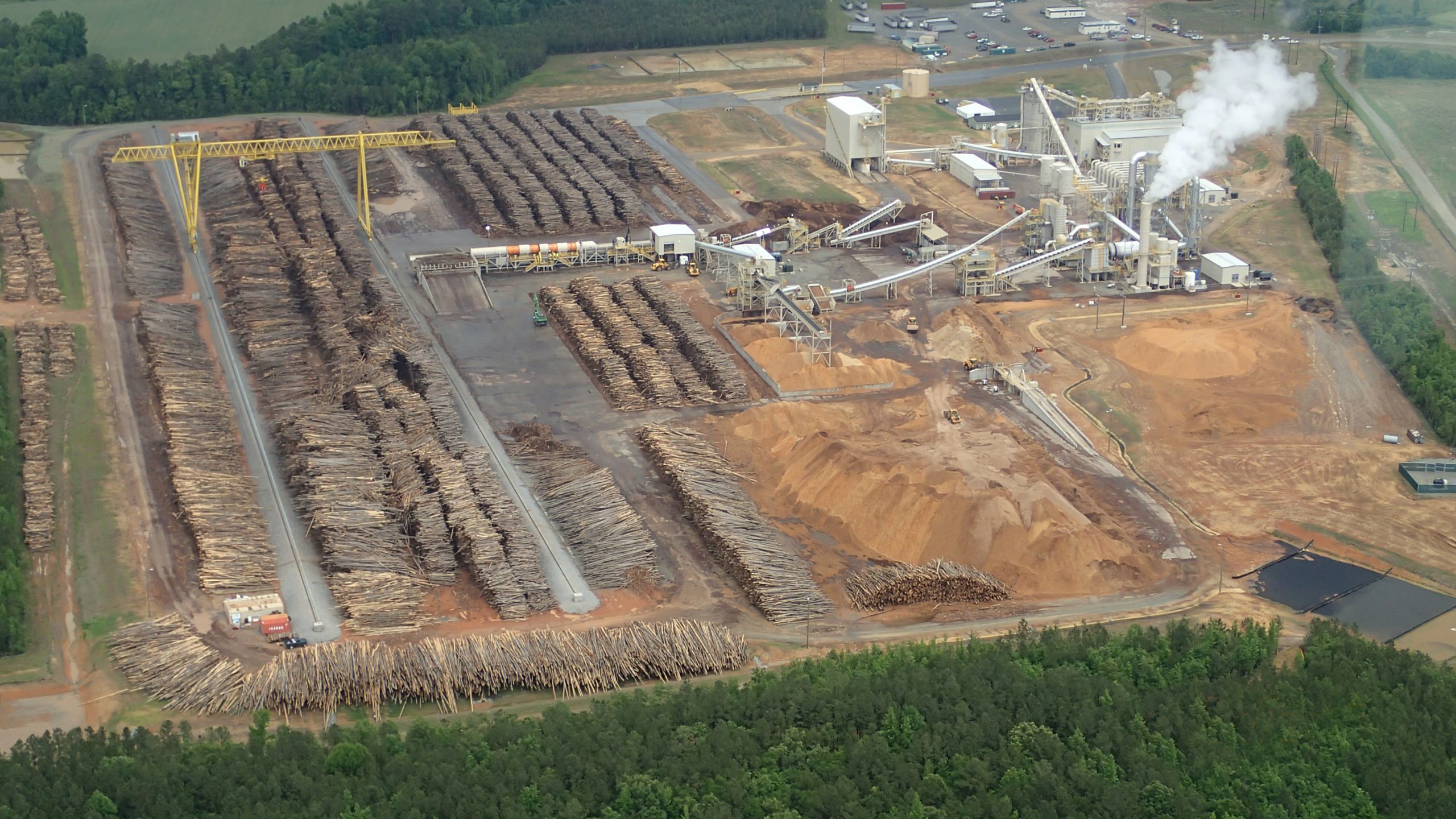
BlackRock is a major investor in the world’s biggest biomass burner, UK-based Drax Plc. Formerly a coal-fired power station, Drax has been increasing its biomass burning since 2012. It now imports and burns more wood than the UK can produce every year, emitting 13 million tonnes of CO2 annually.
Biomass is often classified (and subsidised) as a form of renewable energy because it is assumed that trees growing in the future will absorb the CO2 emissions produced by burning wood today. But this classification is increasingly being challenged by impacted communities, scientists, and activists.
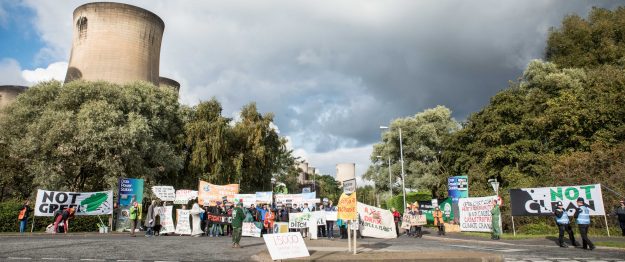
Burning wood emits large quantities of greenhouse gases into the atmosphere, much faster than new trees can regrow and sequester the carbon emitted. Those emissions are ignored by governments and industry, despite evidence that burning biomass can emit more CO2 than coal per unit of energy generated. 500 scientists recently wrote to global leaders urging them to stop supporting biomass because of its harmful impacts on forests and our climate. The letter states:
“Regrowing trees… takes time; the world does not have to solve climate change. As numerous studies have shown, this burning of wood will increase warming for decades to centuries. That is true even when the wood replaces coal, oil or natural gas.”
In the southern USA, bottomland hardwood forests inside a biodiversity hotspot are being cut down and ground into pellets to fuel biomass power plants overseas–and Drax is the largest consumer of these pellets. As well as being home to rare and endangered species including salamanders and bears, these forests are crucial to the area’s resilience to extreme weather events such as floods and droughts, which are increasingly occurring due to climate change. Drax and its suppliers claim to be using only “waste and residues” to make wood pellets; however, repeated NGO investigations have shown trucks taking whole trees from leveled forests to wood pellet mills.
Pellet mills create air pollution harmful to human health including small particulate matter (PM 2.5) and volatile organic compounds (VOCs), as well as noise and heavy traffic. In 2021, Drax received a record $2.5 million fine for air quality breaches at a pellet plant in Mississippi. Pellet mills are commonly situated in Black and lower income communities, so while the biomass industry presents itself as clean and green in pellet burning countries, it exacerbates environmental racism and injustice in source countries.
BlackRock has made considerable fanfare about its partial exit from coal; but this move is much less meaningful if BlackRock replaces its coal investments with other harmful forms of energy like biomass. The growing kickback against fossil fuels brings an opportunity to invest in real solutions to the climate crisis–an opportunity BlackRock will waste if it continues investing in biomass.
In March 2021, 38 organizations worldwide wrote to Drax shareholders, including BlackRock, calling on them to vote against Drax’s purchase of Canadian wood pellet giant Pinnacle Pellets. Canadian forest campaigners fear this acquisition could accelerate the destruction of old growth forests including endangered caribou habitat in British Columbia. BlackRock could have taken this opportunity to show that it is taking its climate commitments seriously, but instead voted in favor of the acquisition, along with other major shareholders.
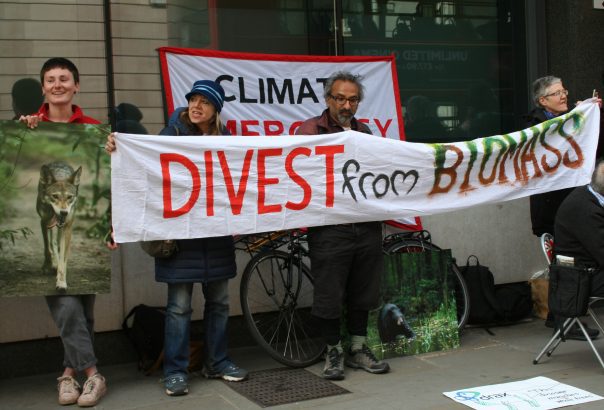
32 organizations also wrote to BlackRock in 2020, outlining concerns and asking BlackRock to clarify whether it considers biomass to be a low carbon investment, and if so, why; and to divest from biomass, starting with Drax. Biomass campaigners have not received a response from BlackRock on this issue.
If BlackRock wants to be taken seriously on its climate commitments, it must clarify its position on biomass and commit to divesting from companies like Drax that repeatedly skirt regulations, pollute the environment, and that disregard the voices of impacted communities.
